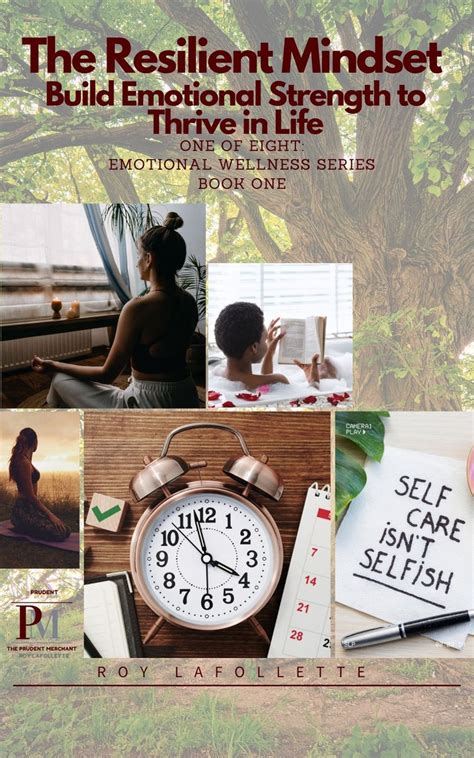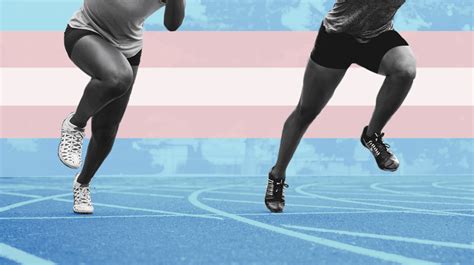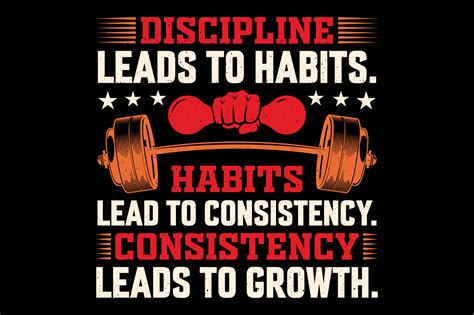The Unspoken Rules of Manhood and Emotion
From a young age, many boys are subtly and overtly taught what it means to ‘be a man.’ This often includes a powerful, yet unwritten, curriculum on emotional expression. Societal norms, passed down through generations, frequently equate masculinity with strength, stoicism, and a perceived lack of vulnerability. These deeply ingrained expectations profoundly influence how individual men approach, interpret, and ultimately express their emotions, often leading to complex internal struggles and external behaviors.

The Blueprint of Traditional Masculinity
Historically, and in many cultures today, the ideal man is often depicted as self-reliant, resilient, and immune to emotional turmoil. Phrases like ‘big boys don’t cry,’ ‘man up,’ or ‘take it like a man’ are not just casual remarks; they are powerful directives that condition boys to suppress feelings of sadness, fear, and even joy if it appears too effusive. Anger, conversely, is often deemed one of the few acceptable, even masculine, emotions, sometimes seen as a legitimate expression of power or control.
This narrow emotional blueprint forces men into a difficult position. They learn to internalize emotions that are deemed ‘weak’ or ‘feminine,’ leading to a disconnect from their authentic selves. This can manifest as an inability to identify their feelings, a reluctance to articulate them, or a tendency to channel all emotional distress into the more socially sanctioned avenue of anger or withdrawal.
Impact on Mental Health and Relationships
Internalized Suppression and Its Consequences
The constant suppression of emotions has significant mental health ramifications. Men who adhere strictly to traditional masculine norms often report higher rates of depression (though sometimes presenting atypically, e.g., as irritability or fatigue), anxiety, and substance abuse. They may feel isolated, unable to share their inner world with others, fearing judgment or a perceived loss of status. This emotional constriction can prevent them from seeking help for mental health issues, further exacerbating their struggles.

Strained Connections and Communication Barriers
Emotional inexpressiveness also deeply affects personal relationships. Partners, family members, and friends may find it challenging to connect with men who struggle to communicate their feelings openly. This can lead to misunderstandings, resentment, and a lack of intimacy. The inability to articulate emotions can make conflict resolution difficult, as underlying feelings often go unaddressed, leading to cycles of unresolved issues.

Challenging the Narrative: Towards Healthier Emotional Expression
Thankfully, there’s a growing awareness and movement to redefine what it means to ‘be a man.’ Modern masculinity is increasingly embracing emotional intelligence, vulnerability, and open communication as strengths rather than weaknesses. Men are being encouraged to explore the full spectrum of their emotions without fear of reprisal.
This shift involves several key aspects:
- Deconstructing Stereotypes: Actively challenging the outdated notions that link emotional suppression to manliness.
- Promoting Emotional Literacy: Helping men learn to identify, understand, and articulate their feelings in healthy ways.
- Normalizing Vulnerability: Creating spaces where men feel safe to share their struggles and seek support, whether from friends, family, or mental health professionals.
- Role Modeling: Showcasing male figures who openly express a range of emotions and champion emotional health.

Conclusion: Embracing Emotional Authenticity
The journey towards a more emotionally expressive manhood is not without its challenges, as it requires unlearning decades of conditioning. However, the benefits – improved mental well-being, stronger relationships, and a more authentic sense of self – are profound. By moving beyond rigid societal expectations, individual men can unlock a richer, more fulfilling emotional life, contributing to a healthier society where emotional expression is valued as a fundamental human strength for all, regardless of gender.





